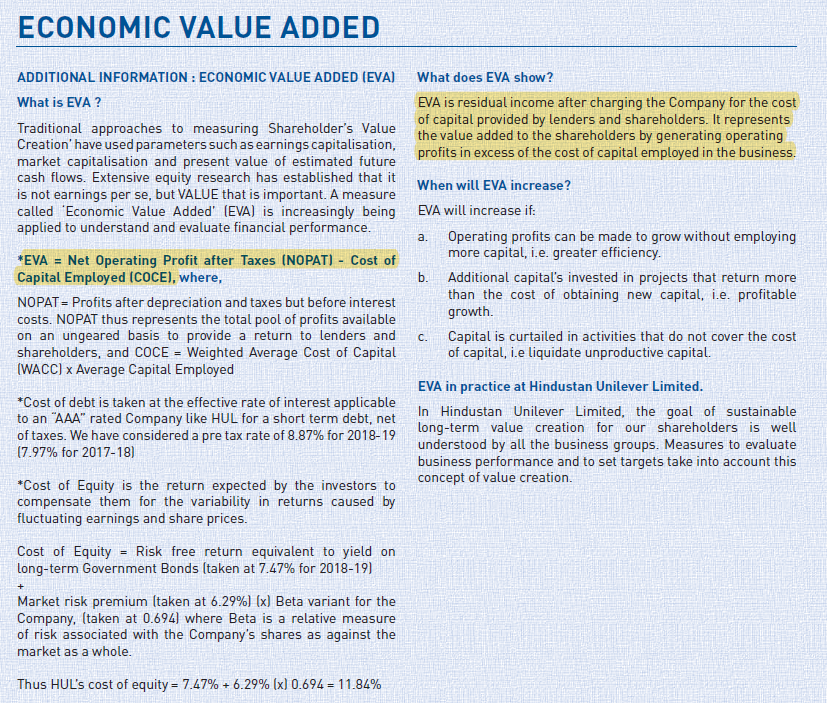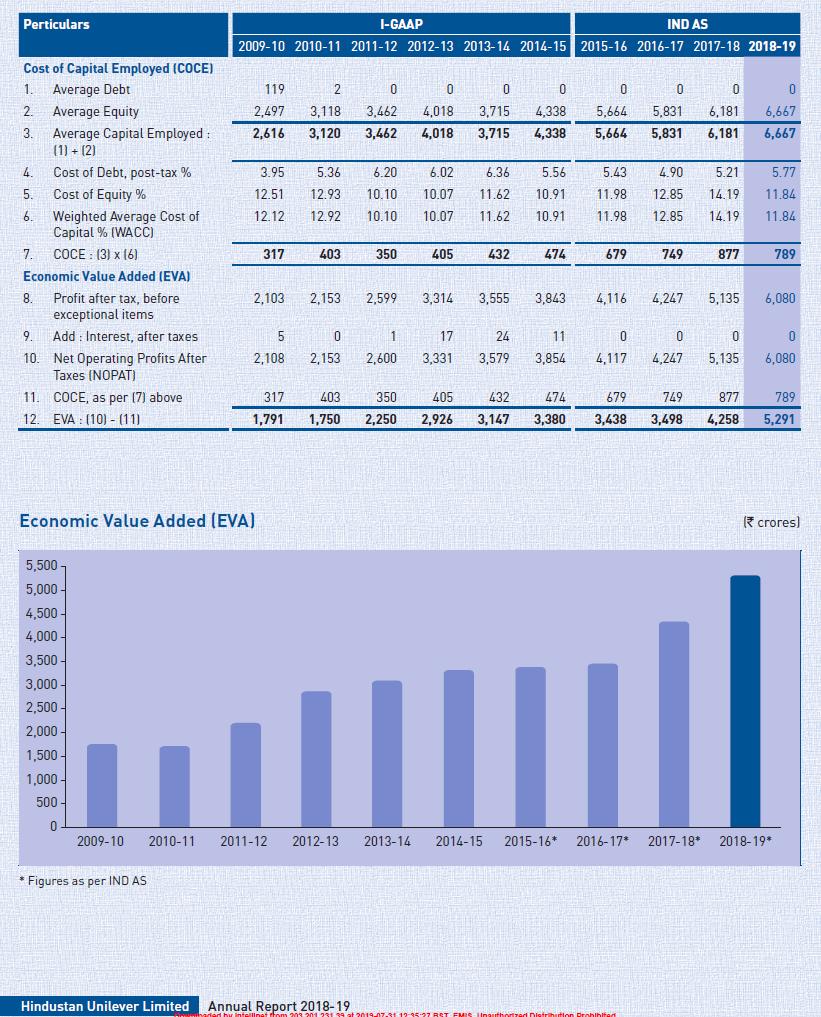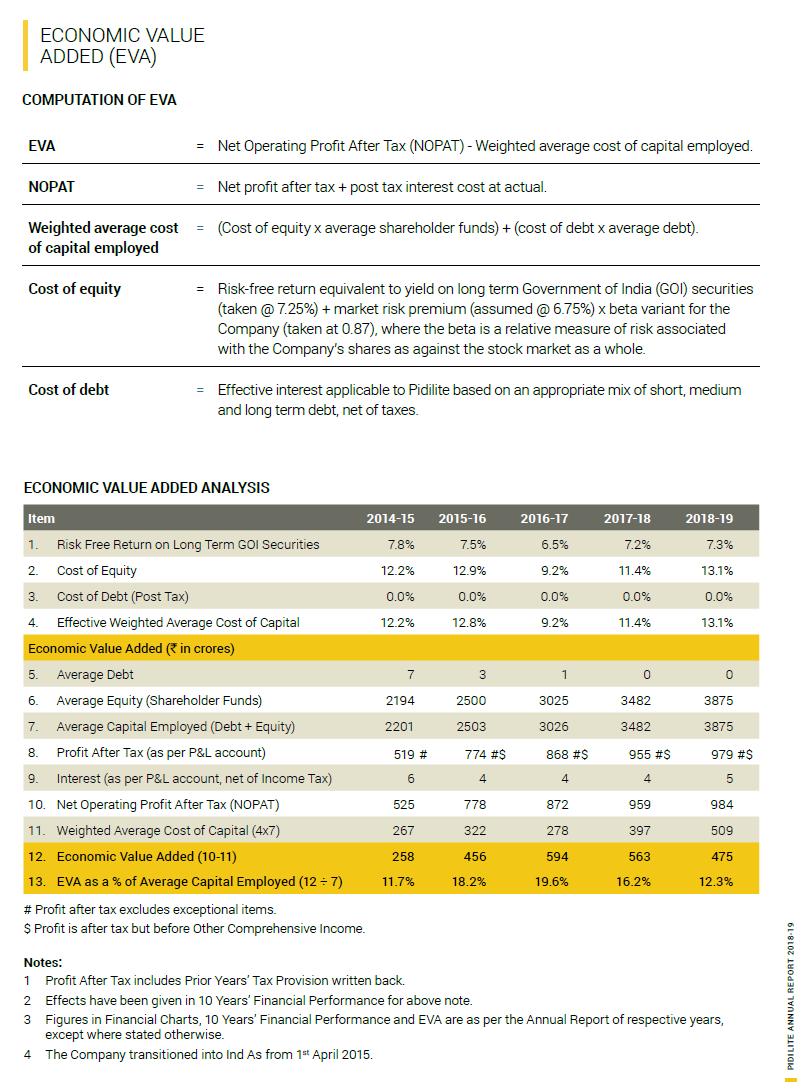Here are ten quasi-predictions* for the next ten years.
(And to my own surprise, many of them are actually optimistic!)
[Thread.]
But I find that it’s often clarifying to raise plausible outcomes that are widely discounted.
Think of this list, in that counterintuitive spirit, as outcomes that are more plausible than widely assumed.
But the world today is very different from that in 2010. And the world in 2010 was very different from that in 2000.
➡️The one certainty is that things will change more than we tend to assume.
Populists promise to return power to the people. Then they concentrate it in their own hands.
This fraudulent story of legitimacy weakens them. From Poland to Venezuela, the people might finally oust some populists.
foreignaffairs.com/articles/world…
Social media holds so much power because decision-makers mistake a section of the population for the general public.
As they start to recognize that Twitter ≠ the real world, it may become a lot less influential.
theatlantic.com/ideas/archive/…
Excess capital & the rise of mega-cities has driven house prices sky high.
But historically, prices have risen at just 1% a year. The ratio between price-to-rent ratio in NYC, SF, etc. now seems unsustainable.
Will prices in major metros stagnate?
In the 2010s, social media and the rise of the far-right politicized the young. But in the past, periods of high political engagement were often followed by calmer intervals.
Will students and young people become less interested in politics?
Are populists like Trump successful because or despite of being far-right?
Boris Johnson’s success creates a model for more “moderate” populists. Politicians who follow in his footsteps could dominate the 2020s.
theatlantic.com/ideas/archive/…
The 2010s have brought us The Great Awokening. This year, we saw the beginning of a cultural pushback, from Dave Chapelle to Barack Obama.
Will the great awakening start to fade, especially if a Democrat wins the White House in 2020?
From Sweden to the States, many immigrants have very conservative values.
By appealing to racists, conservative parties have driven them away. Will they finally build a broader tent, making western politics less polarized along racial lines?
Thanks to rapid development in some of the poorest regions, the world as a whole likely became *less* unequal in the 2010s.
If big parts of Asia and Africa keep growing as quickly as predicted, global inequality could keep falling in the 2020s.
The 2010s have shown that liberal democracy needs serious repair.
But the 2020s may show that the main ideological competitors to liberal democracy fare even worse—and that those deprived of their liberty eventually fight to win it back.
So help me out: What widely discounted outcomes do you foresee for the next decade?
👇👇👇
[The End.]








